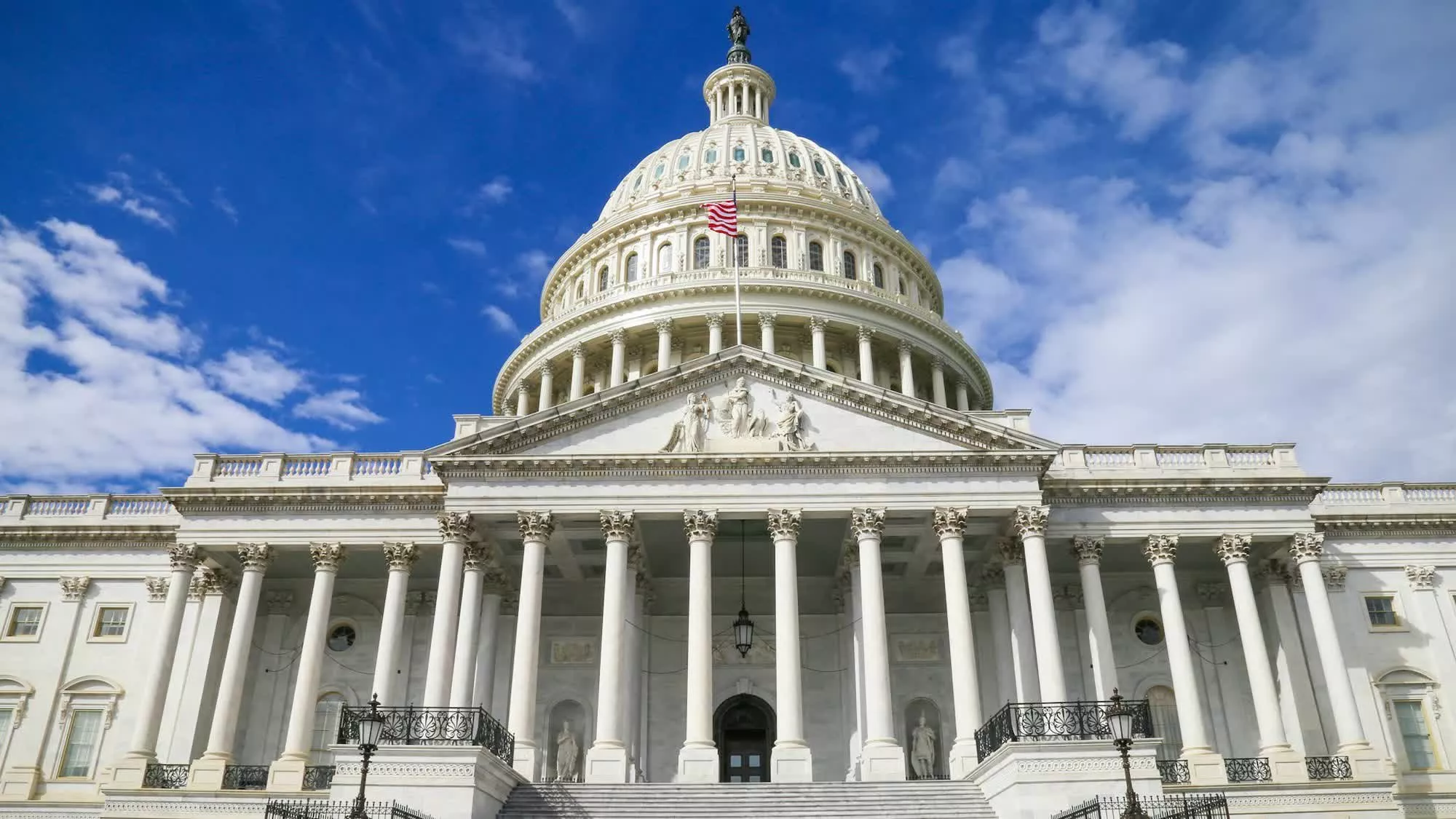The big picture: The US House of Representatives narrowly approved President Donald Trump's "One Big Beautiful Bill," clearing the path for sweeping changes to the country's tax code and immigration policy. The bill also contains a contentious clause that blocks states from regulating artificial intelligence for the next 10 years.
The moratorium applies not only to AI models but also to any products or services integrating AI, effectively banning and overriding state regulations in those areas. The restriction affects several critical sectors, including automotive, consumer IoT, social media, medical equipment, and more.
Critics argue the clause could grant rogue developers a free pass to build AI systems that harm public safety, security, and well-being. They also contend that the bill undermines the federal system by restricting states from creating and enforcing regulations and impeding their right to self-governance.

Some experts – and even Republican senators – warn that the bill could jeopardize national security and economic stability in ways not fully understood. Senators Marsha Blackburn of Tennessee and Josh Hawley of Missouri argue it will make it easier to create deepfakes and derail bipartisan efforts to confront AI-related threats.
Non-profit advocacy groups, like the Electronic Frontier Foundation, have raised strong objections to the bill, calling it Big Tech's effort to dismantle guardrails around artificial intelligence. The group also urged Congress to reject what it described as a damaging proposal.
Supporters of the bill argue that the moratorium is essential for US companies to compete with state-backed Chinese tech firms. They contend that regulations hinder innovation and could severely weaken America's chances of leading the world in artificial intelligence. Backers also describe the One Big Beautiful Bill as a "generational opportunity" to implement the long-term changes voters demanded.
The bill still faces Senate approval before President Trump can sign it into law. However, political commentators across the spectrum believe Trump may struggle to convince Senators that limiting state-level legislation and infringing state sovereignty is the right approach. The outcome could have lasting implications for balancing power between federal and state governments, shaping how the country regulates emerging technologies.
